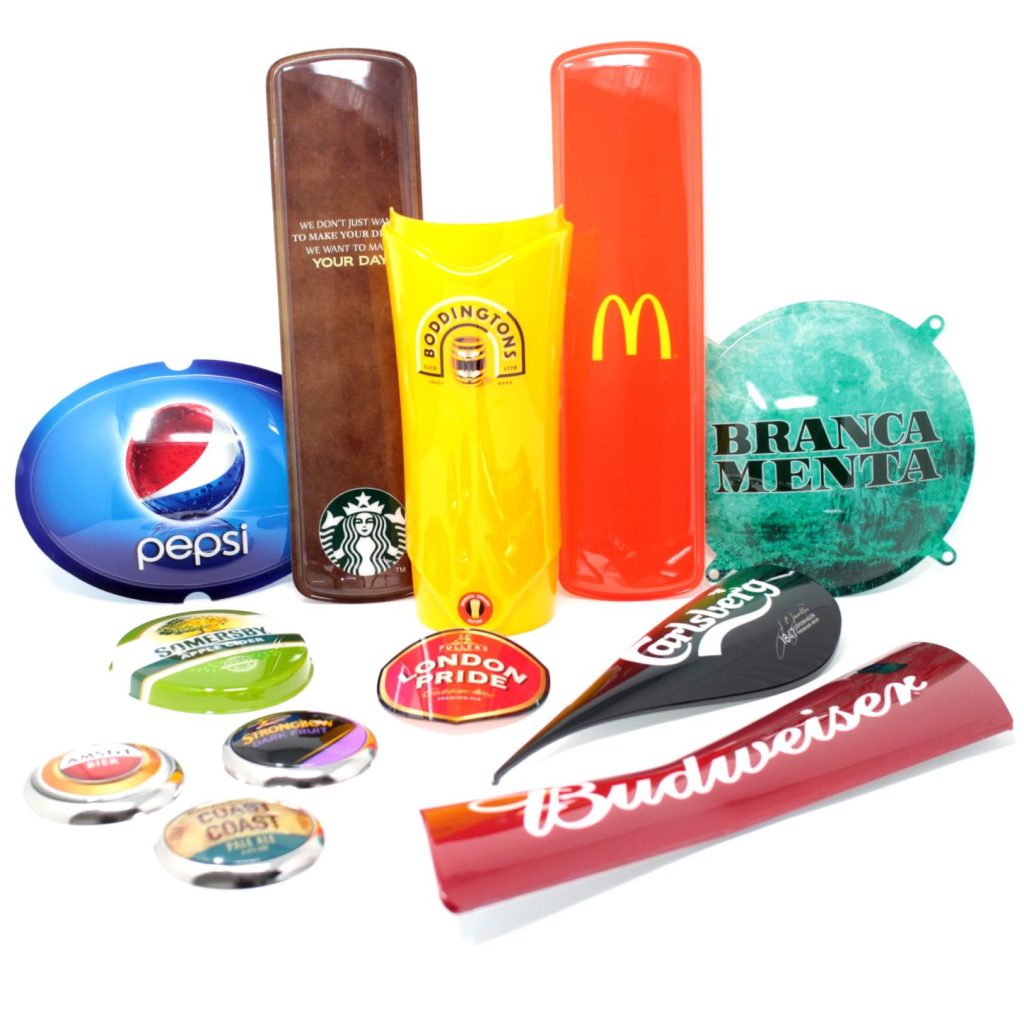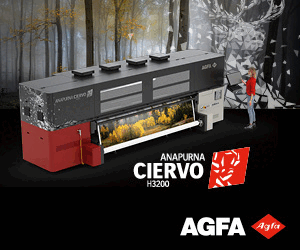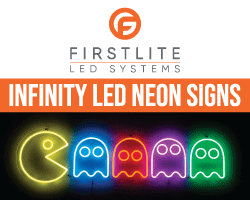Rudd Macnamara to unleash full business potential with new HP Latex R1000

Birmingham-based bespoke printed components manufacturer Rudd Macnamara has invested in a new HP Latex R1000 printer to support its long-term growth plans and help the business reach its full potential.
One of the most historic printing businesses in the UK, Rudd Macnamara first opened its doors more than 130 years ago, starting out as a manufacturer of nameplates under the leadership of engraver Ernest Rudd. Over the years, the company has evolved to become a provider of a wide range of printed products, including badges, nameplates and serial plates.
This varied approach to business has led to Rudd Macnamara building up a following of loyal clients, with its specialist and bespoke printing services constantly in demand. As such, the company went in search of a new printer capable of producing its huge selection of printed products.
Rudd Macnamara soon identified the HP Latex R1000 printer as the ideal solution, with the machine able to print high-value rigid jobs at high quality on a range of media such as plastic foamboard, PVC foam, metal, wood, glass, ceramic and cardboard. The printer was installed at the company’s Birmingham facility in March 2022.
Chris Dickinson, Managing Director of Rudd Macnamara, said the printer’s ability to print on such a wide range of materials was key to investment, while he also highlighted the HP Latex R1000’s white ink capabilities as a significant factor for the business.
“The flexibility to print on all mediums was a plus but the biggest selling point was the white print,” Chris said. “We print onto a number of substrates but mainly metal, foamboard and PETG.
“The material would usually determine which printing process we would use, but the new HP can do it all. Before moving repeat products across, we go through a colour matching and detail sign off, and so far, all has been well.
“New work is predominantly all quoted and put through the HP printer. This work varies from pump clips for the brewing industry through to metal signs that go on to be embossed for a variety of businesses.”
Chris also praised the impact of the new HP printer on thermoforming, which forms a large part of Rudd Macnamara’s workload. Previously, this process was incredibly time-consuming; one substrate was printed and then laminated to another, with a significant drying time in between these stages causing a slow-down in production.
However, the flexibility of the inks on the new HP printer means the company now only needs to print one substrate, while the excellent quality of the HP Latex inks has removed the need for drying time. As such, Rudd Macnamara is saving significantly on time, labour and costs.
“We produce a range of vacuum-formed backlit products and the background colours, particularly the whites, had to be screen printed after the initial digital printing.” Chris said. “The new HP printer brings this process into one, increasing our production print and drying times considerably.”
Looking to the future, Chris said the new HP Latex R1000 printer will play a major role in helping the business achieve its short- and long-term growth goals, explaining how the flexibility of the machine will allow the company to target new markets such as point-of-sale, bespoke packaging and display and design within the travel industry.
“The singular print and dry process has aided the business, but we still haven’t unleashed the full potential of what we can do,” Chris said. “As a business, we can brand virtually anything but the way we have manufactured in the past has limited us in the sectors we have mainly served.
“We now have opened up a much wider scope for what we can achieve, and we are eagerly exploring how, as a business, we can expand into these markets and further offer more variety to our existing markets and customers.
“Moving forward, the HP Latex R1000 will become the backbone of the business and we foresee the largest percentage of print jobs outputted on the printer.”
















